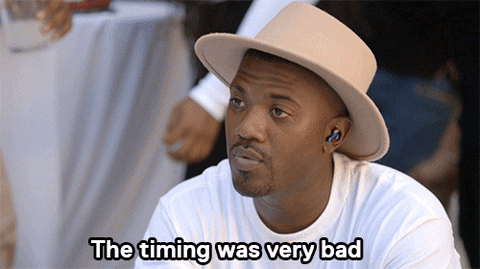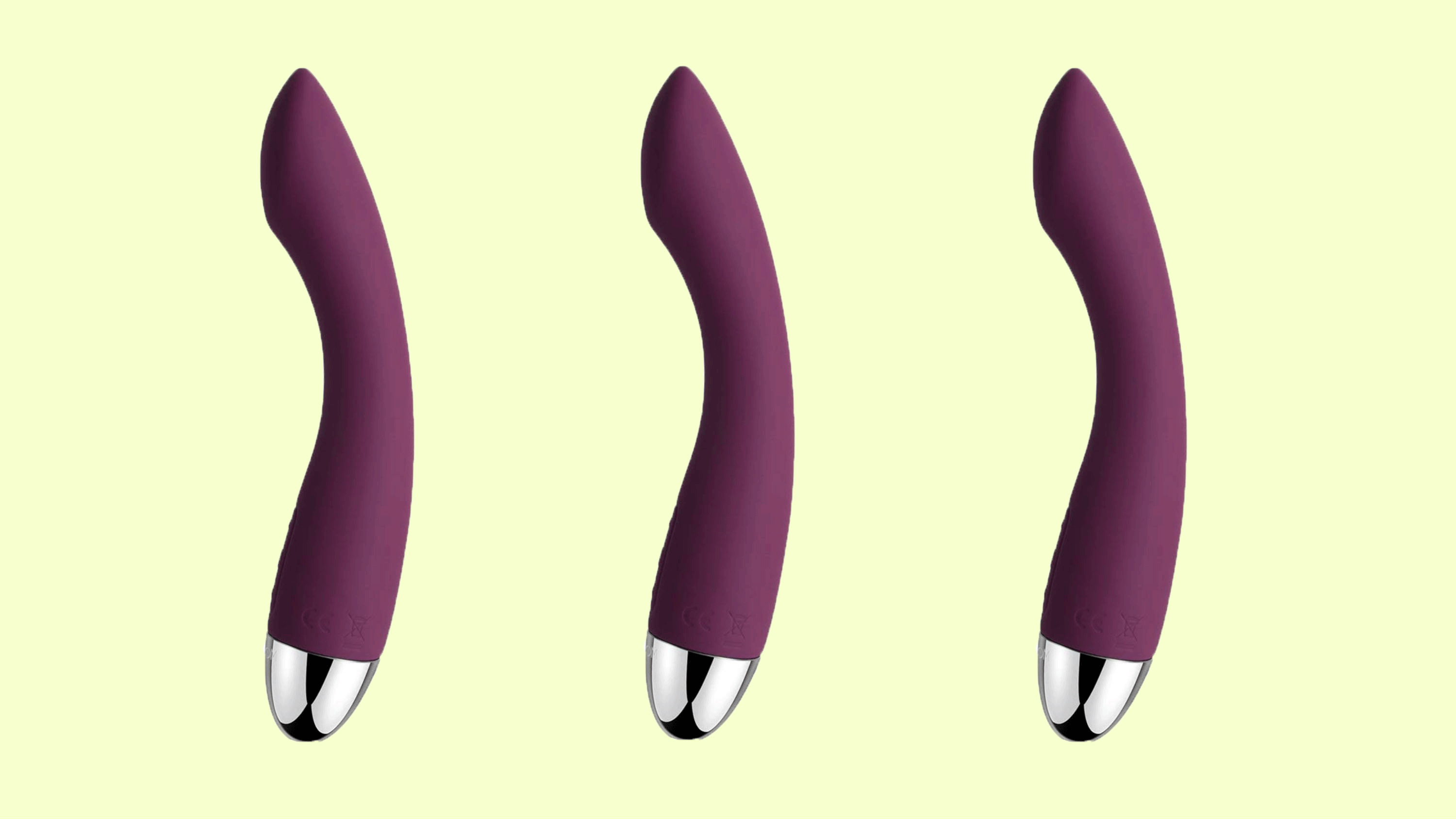Hard. Soft. Hard. Soft. Hard. Soft. It's the familiar dance with a rhythm that has held me captivated since discovering the power of the heather gray sweatpants tease. When a man gets aroused, it's a sight for sore eyes as the full strength of his penis is put on display and the promise of penetration is the beckon you answer to. For that reason, a couple experiencing erectile dysfunction (ED) in their partnership might be feeling some type of way. However, you are not alone.
These days, erectile dysfunction (ED) has been experiencing a major rebrand. Thanks to a surge in young men desiring to last longer during sex and with minimal millennial-friendly ads from brands like Hims and Numan, the use of Viagra and the conversations surrounding erectile dysfunction in men are becoming slightly more normalized. Gone are the days when the use of the blue pill was solely affiliated with old age and impotence. Now, brands like the UK's Viagra delivery service Eddie are proudly touting from the rooftops, "ED isn't an 'old man problem.'" Although some younger men are popping these pills for recreational use by the droves, studies suggest that Eddie's slogan is indeed facts and some use it because they can't maintain an erection.
According to a 2013 study titled "One Patient Out of Four with Newly Diagnosed Erectile Dysfunction Is a Young Man," researchers found that 26 percent of men under the age of 40 are affected by erectile dysfunction. What this speaks to is just how prevalent ED as a condition may be for young people. The good news is, erectile dysfunction is not the death sentence to relationships and intimate connections that you might think it is.
We spoke with sex therapist Dr. Donna, LICSW, M.ED, founder and lead therapist at AnnodRight, who answered some frequently asked questions surrounding erectile dysfunction and how not to allow it to be the downfall of a partnership.
Q: What is erectile dysfunction?

"Erectile dysfunction is a disorder in which a person with a penis may not be able to get or maintain an erection to have/complete (usually penetrative) sex. The cause of erectile dysfunction can be physical ailment, psychological, or both. If it is a physical problem, a doctor may be able to help to get to the root of the issue, and it can be resolved. If it is psychological, a sex therapist can help a client address the problem, and it can also be resolved. However, it has the potential to ebb and flow in a person's life depending on the cause and how well/if it can be fully resolved."
Q: Why can’t my partner get it up?
"Many things can impact a person's ability to get and maintain an erection including nerve or other damage to the penis. There could also be a blood-flow problem, which can be exacerbated by excessive drinking, smoking, etc. Lack of hydration in a person's system can also impact erections because water is necessary to have optimal blood flow—so drink up. Aside from the physical, there can be psychological reasons for not being able to get or maintain an erection. Stress, anxiety, depression, etc. can impact a penis bearers ability to get it up and keep it up."
Q: Should I take the fact that my partner can’t hard personally?
"It should NOT be taken personally if your partner is not able to get or keep it up. It's likely not about you, per se. It might really be that they are worried about pleasing you, so much so, that they cannot get an erection---performance anxiety. If there is a lack of connection in the relationship, that could be a factor, but you can have a conversation with one another and try to resolve the root of the issue."
Q: How can I stop myself from taking their ED personally?

"I have told clients that their partner's issue with getting an erection is not really about them. There are too many factors at play for anyone to be blamed for a partner's flaccid penis. Chances are, when those issues are addressed, they will be standing at attention once again! However, if you are truly concerned that it is you, take the time to have a conversation with your honey and let them know what you have been feeling and thinking."
Q: What are some ways to address the fact that I have an issue with his ED?
"I myself tend to be more direct, but I also recognize having this conversation can feel super sensitive and awkward. So start there! You can say something along the lines of, 'So, I feel really awkward saying this, but I feel like we are tiptoeing around the issue we seem to be having around sex. Are you in a mental space to talk about it right now?' Telling them how you feel with an 'I' statement, and ending with asking if they are ready to talk about it gives them a chance to give their consent to have an open and honest dialogue. It also means they are in a mental space to accept your feedback."
Q: How can I help my partner with erectile dysfunction and engage in physical intimacy without medication?

"Creating a no-pressure sex environment can really help with reducing erectile dysfunction-based performance anxiety. Just explore each others bodies without the pressure or expectation for sex. Sex is a whole lot more than simply penetration. There are a whole bunch of other things that can be done including oral sex, using hands to sexually stimulate, or using toys. Experiment! You might just find something else you really enjoy."
To learn more about Dr. Donna's work or to book an appointment, check out her website here.
Featured image by Shutterstock
- 6 Ways To Help Your Partner with Erectile Dysfunction - Jordan Gray ... ›
- Tips and Tricks for Managing Erectile Dysfunction w/o Pills ... ›
- What to Say When Your Boyfriend Has Erectile Dysfunction, Can't ... ›
- Bedroom Signs That Your Man Might Have Health Troubles ... ›
- Is it me? When your partner has erectile dysfunction | The Ohio State ... ›
- Erectile Dysfunction: A Womans Point of View ›
- What To Do If Your Partner Has Erectile Dysfunction ›
- Helping Your Partner With Erectile Dysfunction ›
- Managing Erectile Dysfunction: Tips for Sexually Frustrated Couples ›
- A Partner's Guide to Erectile Dysfunction ›



























